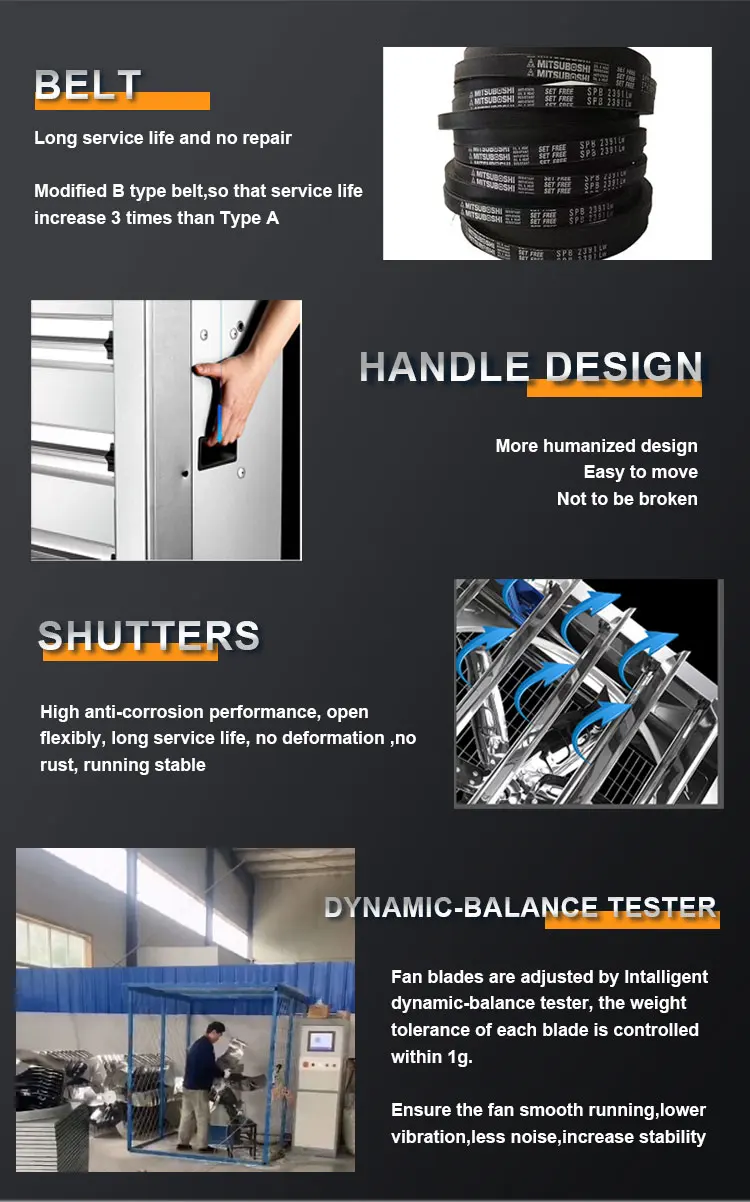Innovative Solutions for Poultry Rearing with Plastic Cage Systems
Aug . 20, 2024 13:52 Back to list
Innovative Solutions for Poultry Rearing with Plastic Cage Systems
The Benefits and Challenges of Using Plastic Cages in Poultry Farming
In the ever-evolving landscape of agricultural practices, poultry farming is no exception to the trends of innovation and efficiency. One notable advancement in this sector is the introduction of plastic cages, which have steadily gained popularity among poultry farmers around the world. These cages promise a multitude of benefits, providing a modern solution to traditional farming challenges, yet they also come with their own set of concerns.
Advantages of Plastic Cages
1. Durability One of the most significant benefits of plastic cages is their durability. Unlike traditional wooden or metal cages, plastic cages resist rust, rot, and corrosion. They can withstand harsh weather conditions, making them suitable for long-term use in various environments. This durability contributes to a lower overall replacement cost, making them a financially wise investment for poultry farmers.
2. Hygienic Management Plastic cages are easier to clean and maintain than their traditional counterparts. They do not absorb moisture, reducing the risk of harboring bacteria and pathogens that can affect the health of the poultry. This ease of cleaning leads to better hygiene management in poultry facilities, resulting in healthier birds and potentially higher production rates.
3. Weight and Portability Compared to metal cages, plastic cages are significantly lighter, making them easier to handle and transport. Farmers can move them effortlessly within facilities or even between locations when necessary. This portability is particularly advantageous in free-range or semi-intensive farming systems, where flexibility in cage placement can enhance the welfare of the birds.
4. Cost Efficiency Although the initial investment in plastic cages may be higher than traditional materials, their long lifespan and low maintenance requirements can lead to considerable cost savings over time. Additionally, the efficiency in cleaning and managing these cages can translate into lower labor costs for farmers.
5. Environmental Considerations Many modern plastic cages are made from recyclable materials, which can align with the growing emphasis on sustainable farming practices. By opting for eco-friendly plastic options, farmers can reduce their environmental footprint while maintaining productivity.
poultry plastic cage

Challenges and Considerations
Despite their numerous advantages, the implementation of plastic cages in poultry farming is not without challenges.
1. Initial Investment The upfront cost of plastic cages can be a barrier for some farmers, particularly those operating on a tight budget. While the long-term benefits may offset these costs, the initial financial outlay can be daunting.
2. Thermal Conductivity Plastic cages can be sensitive to temperature extremes. In very hot or cold environments, the thermal properties of plastic may affect the comfort of the birds. Farmers must consider their local climate when choosing to implement plastic cages.
3. Market Perception In some regions, there is a preference for traditional materials among consumers and producers alike. Educating stakeholders about the benefits of plastic cages may be necessary to overcome resistance and promote adoption.
4. Recycling Challenges While many plastic cages are recyclable, not all facilities have the infrastructure to process them. Farmers must be proactive in ensuring that their used plastic cages are disposed of responsibly to mitigate environmental impacts.
Conclusion
Plastic cages represent a significant advancement in poultry farming, providing numerous benefits in terms of durability, hygiene, and cost efficiency. However, farmers must weigh these advantages against potential challenges and market dynamics. As the poultry industry continues to evolve, embracing innovative materials such as plastic cages may not only enhance productivity but also promote better animal welfare and environmental sustainability in the long run. The future of poultry farming may very well hinge on the successful integration of such modern solutions.
-
Automatic Feeding Line System-Pan Feeder Nipple Drinker|Anping County Yize Metal Products Co., Ltd.
NewsJul.29,2025
-
Hot Sale 24 & 18 Door Rabbit Cages - Premium Breeding Solutions
NewsJul.25,2025
-
Automatic Feeding Line System Pan Feeder Nipple Drinker - Anping County Yize Metal Products Co., Ltd.
NewsJul.21,2025
-
Automatic Feeding Line System Pan Feeder Nipple Drinker - Anping County Yize Metal Products Co., Ltd.
NewsJul.21,2025
-
Automatic Feeding Line System - Anping Yize | Precision & Nipple
NewsJul.21,2025
-
Automatic Feeding Line System - Anping Yize | Precision & Nipple
NewsJul.21,2025






